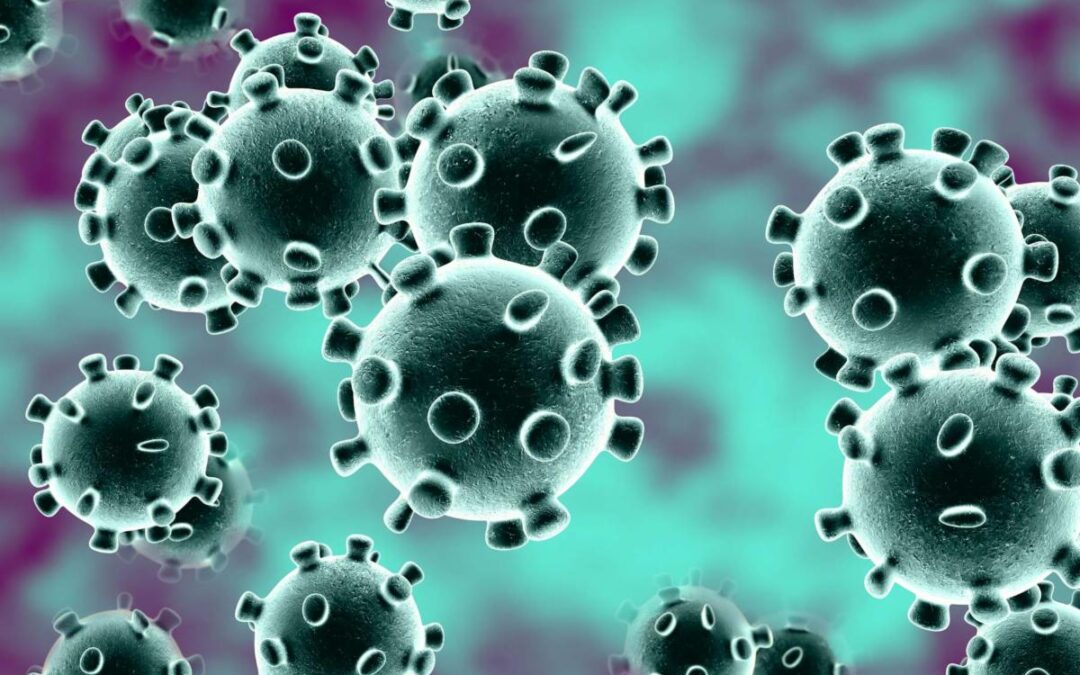Scammers have already jumped on this crisis to take advantage of widespread fear and panic.
Whenever a crisis emerges, there are always scammers ready to swoop in and capitalize on the situation. The global outbreak of the coronavirus has provided the perfect opportunity for scammers to make use of our fear and panic for their own nefarious purposes.
1. Fake Cures, Fake Prevention, Fake Protection
There is currently no cure or vaccine for the coronavirus. That hasn’t stopped millions of products claiming to prevent, protect against, and cure the coronavirus. In fact, Amazon reported that they had to take down over one million such products, along with vendors price-gouging for face masks. Facebook has banned ads for such products and Google appears to be filtering them out as well.
2. Relative in Distress
The classic relative in distress scam is at play again. A con artist, using information that can be gleaned from a social media profile or other metadata, poses as a relative or friend who has unfortunately contracted the coronavirus and needs your help…and money.
3. Fake Charities
There are many true charities and funds that have recently been set up to support coronavirus patients, medical professionals addressing the issue, researchers searching for a cure, and other aspects of the effort. There are also many fake charities that just want to pocket your money. Do not donate to a coronavirus charity without first making sure it is legitimate. Check resources like charitywatch.org and charitynavigator.org to make sure your money is actually going to the effort to fight the coronavirus and not right into someone’s pocket.
4. Fake Investment Opportunities
The US Securities and Exchange Commission issued a warning about “penny stocks” or “micro stocks” offered for sale regarding coronavirus-related “investments.” The con here is to get as many people as possible to buy so crooks can sell at a profit leaving the investors they lured in with nothing real at all.
5. Phishing and Smishing Scams
Of course, phishers and smishers are already taking advantage of the situation. These emails and texts can come disguised as messages from the Center for Disease Control or other such agency or try to tempt you with news about “breakthroughs” and products regarding the coronavirus. Follow the same phishing and smishing protocols. Do not click on any links in these emails and texts, as you may end up with a computer virus or malware downloaded onto your device. Always check the email, and be aware that many phishing emails mimic legitimate emails, and smishing phone numbers mimic legitimate numbers.
Stay safe – both from the Coronavirus and from con artistry.

